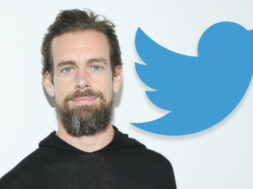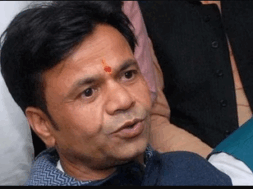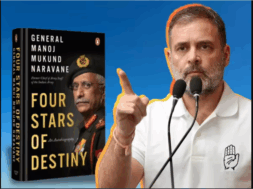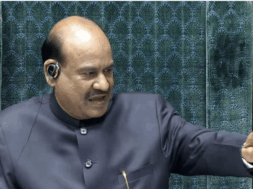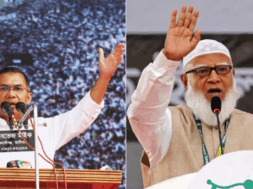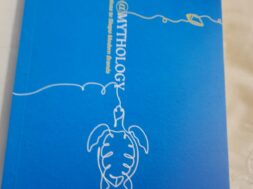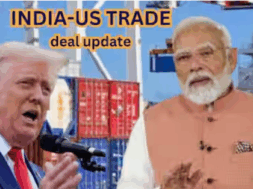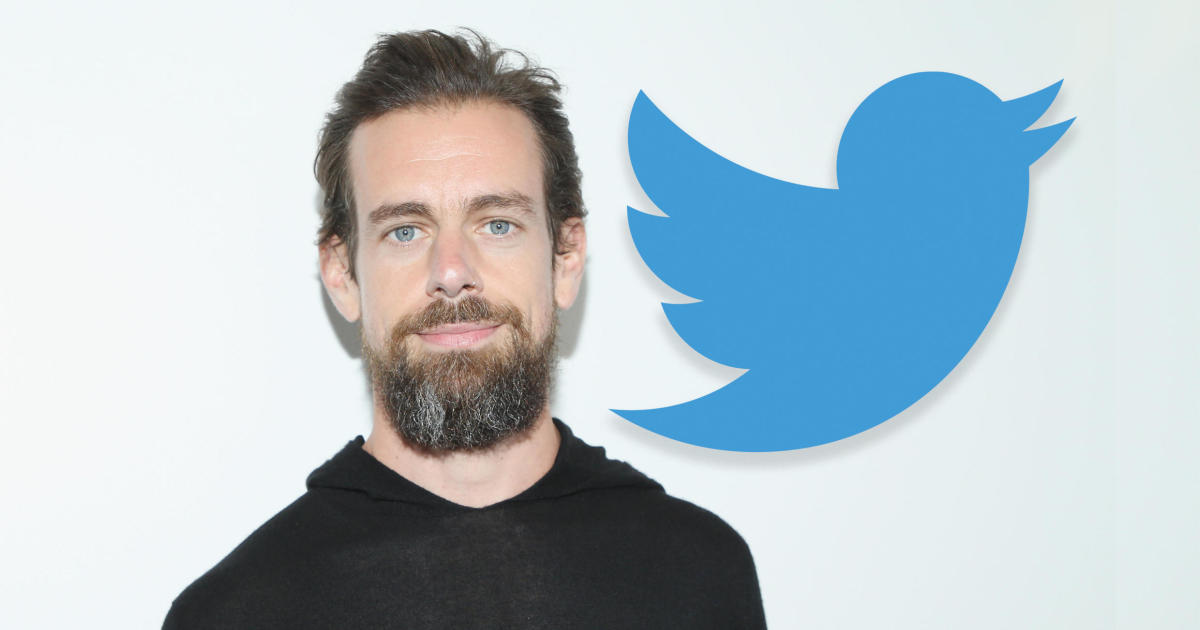
Manas Dasgupta
NEW DELHI, June 13: The Centre on Tuesday vehemently rebutted Twitter co-founder Jack Dorsey’s allegation of receiving “many requests” from India to censor accounts critical of the government and reporting on farmers’ protests, as well as threats of shutting down the platform.
Union IT Minister Rajeev Chandrasekhar blasted the comment as an “outright lie by Jack Dorsey” and an attempt to redact a “dubious period of Twitter’s history.”
In an interview on the social media on Monday, Jack Dorsey was asked if he had faced any pressure from foreign governments and his response was very critical of India. “India, for example. India is one of the countries which had many requests around farmers protests, around particular journalists which were critical of the government, and it manifested in ways such as ‘we will shut Twitter down in India’… ‘we would raid the homes of your employees’, which they did; ‘we will shut down your offices if you don’t follow suit’. And this is India, a democratic country.”
Jack Dorsey, who quit as Twitter CEO in 2021, also cited governments in Turkey and Nigeria, which had restricted the platform in their nations at different points over the years before lifting the bans. Turkey, he said, acted “similarly” (like India).
Dorsey claimed that India had demanded “contact information” tied to certain accounts in addition to shutting them down, and speculated that the governments of India and China could apply pressure on Elon Musk to get their way on the platform, an apparent reference to Musk’s other business interests that have operations in the two countries, such as Tesla vehicles.
While Twitter has decried a search at one of its offices by the Delhi police in 2021 as a form of intimidation, neither the company nor the Indian government has previously claimed or disclosed that individual employees’ homes were at risk of being raided, or that it was threatened that Twitter would be shut down. (One anonymous IT Ministry official had told a newspaper in 2021 that employee arrests may be considered.)
“This is an outright lie by” Dorsey, Rajeev Chandrasekhar, the Minister of State for Electronics and Information Technology said in a response posted on Twitter. “No one went to jail nor was Twitter ‘shutdown,’ Chandrasekhar said and claimed that Twitter had continuously resisted Indian laws until July 2022, when it “finally complied.”
“India as a sovereign nation has the right to ensure that its laws are followed by all companies operating in India,” Chandrasekhar said. “During the protests in January 2021, there was a lot of misinformation and even reports of genocide which were definitely fake.” The minister’s apparent reference was hashtag “ModiPlanningFarmerGenocide,” which the IT ministry had sought to crackdown then.
Entire accounts, as opposed to individual tweets, were ordered to be taken down, such as the Twitter profile of The Caravan magazine, the profile of actor Sushant Singh, an account associated with the Kisan Ekta Morcha, and activist Hansraj Meena. While Twitter initially complied, it restored access to the accounts following free speech concerns, earning the government’s ire.
Under Ravi Shankar Prasad, who was then the IT Minister, the firm appeared to arrive at a compromise in February 2021: individual past tweets were blocked as requested by the government, but entire accounts belonging to prominent news outlets, journalists, activists and politicians were to be left up.
The then-IT Secretary Ajay Prakash Sawhney had a call with two U.S.-based Twitter executives, and a government readout of the call noted that Twitter had “complied with the substantial parts of the order” to block content, but many of the accounts remained unblocked, and remain so to this day, with the exception of the Kisan Ekta Morcha, which was ordered “withheld” in India at a different point since.
The detente didn’t hold for long. In May 2021, Twitter labelled some tweets from accounts tied to the BJP as “manipulated media,” following which Delhi Police raided Twitter’s offices in New Delhi and Gurugram, and the IT Ministry demanded that Twitter take down these labels, and that it comply with the remaining blocking orders from earlier. The company took a few more tweets down, and called the police actions a form of intimidation.
In this time, the demands for censorship from the Indian government continued, most notably in an order to censor 857 tweets, many of which were critical of the state’s handling of the COVID-19 pandemic.
Chandrasekhar’s claim that Twitter “finally complied” with remaining orders omitted two pieces of crucial context: first, that the firm continues to keep up accounts of prominent media organisations, journalists, activists and politicians whose profiles were ordered to be taken down in India; second, that Twitter sued the government in the Karnataka High Court that month for orders it characterised as illegal.
The government has, in past years, amended the Information Technology (Intermediary Guidelines and Digital Media Ethics Code) Rules, 2021, to introduce language that would force social media platforms to permit speech that may be against individual sites’ terms of service, but is permitted under the Constitution, a move that undercuts the concept of safe harbour, the legal immunity a platform enjoys for content posted by users, and also by extension its powers of moderation of content.
Under a forthcoming Digital India Bill, a draft of which Chandrasekhar said would be released this month, the Minister said the concept of safe harbour itself may be done away with. The social media platforms face increased legal exposure if they do not take down tweets featuring news about the Union Government that has been notified by a government-notified body as misinformation.
“What was said by Jack Dorsey is a blatant lie,” said Union Minister Anurag Thakur. “Jack Dorsey woke up after years of sleep and wants to cover up his misdeeds. When Twitter was bought by another person, it was revealed in ‘Twitter Files’ how was the platform being misused. Jack Dorsey has not been able to answer this to date because he was exposed,” he added.
Chandrasekhar said the Twitter founder’s comments were “fiction” and that the company had “weaponised misinformation” against Indians and the government. “The government of India has consistently maintained that any platform, whether foreign or India, whether small or big, must comply with Indian laws if they are to operate in India.”
In a long post on Twitter, Rajeev Chandrasekhar said on Jack Dorsey’s watch, the platform was in “repeated and continuous violation of Indian law” and that the “Dorsey Twitter regime had a problem accepting the sovereignty of Indian law.”
“Dorsey’s Twitter regime had a problem accepting the sovereignty of Indian law. It behaved as if the laws of India did not apply to it. India as a sovereign nation has the right to ensure that its laws are followed by all companies operating in India. During the protests in January 2021, there was a lot of misinformation and even reports of genocide which were definitely fake,” Mr Chandrasekhar said.
The government, he asserted, “was obligated to remove misinformation from the platform because it had the potential to further inflame the situation based on fake news.” He continued: “Such was the level of partisan behaviour on Twitter under Jack regime, that they had a problem removing misinformation from the platform in India, when they did it themselves when similar events took place in the USA. To set the record straight, no one was raided or sent to jail. Our focus was only on ensuring the compliance of Indian laws”.
Chandrasekhar said there was “ample evidence” in the public domain about “Jack’s Twitter’s arbitrary, blatantly partisan and discriminatory conduct and misuse of its power on its platform” during that period. “Twitter under Dorsey was not just violating Indian law, but was partisan in how it was using ‘de-amplify’ and de-platforming of some arbitrarily in violation of Article 14,19 of our constitution and also assisting in weaponising of misinformation. Our government’s policies remain clear for all Intermediaries operating in India – compliance with laws to ensure Internet is Safe and Trusted, Accountable,” said the minister.
The Congress, however, said Jack Dorsey’s comments were more proof of the government weakening the democracy. “We demand that the government stops suppressing social media, stops suppressing, coaxing large sections of media into submission,” said Congress spokesperson Supriya Shrinate.
